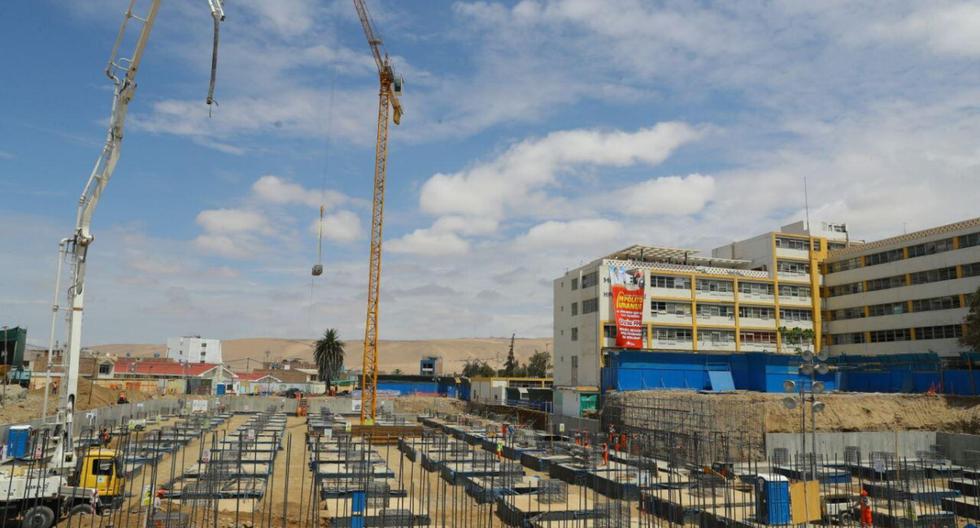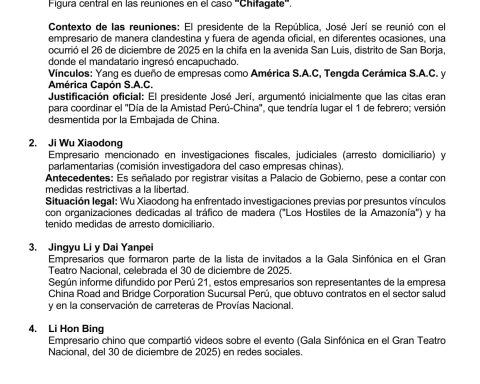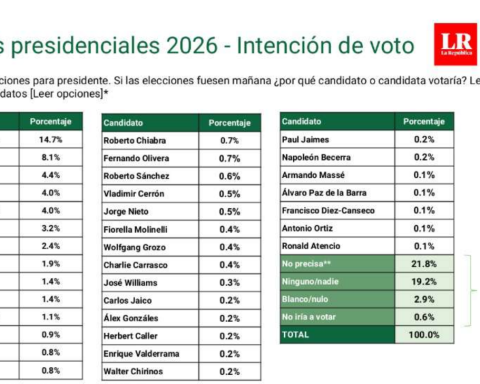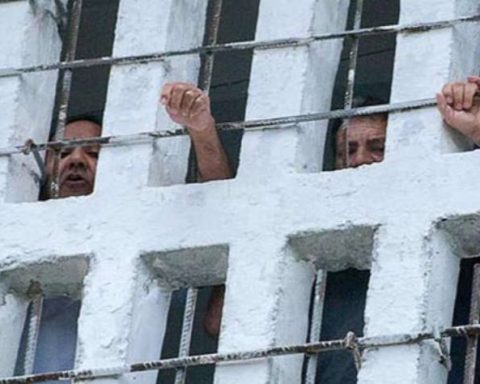Peru will seek to improve efficiency in the provision of goods, services and works for citizens with the help of a US$50 million loan from the Inter-American Development Bank (IDB).
The financing will contribute to optimizing the National Supply System (SNA), providing it with an adequate information technology infrastructure, as well as specific information systems that will allow adequate traceability of goods and public access to information to promote participation, transparency and accountability to citizens.
In addition, the project will support the development of a management model in the public supply chain, involving different activities ranging from the identification of the needs of public entities to their effective supply.
LOOK: Internet for All: How many Peruvians in rural areas have you connected?
According to the IDB, the new model will allow integrated management with other administrative systems under the governance of the Ministry of Economy and Finance (MEF), encouraging decisions to be made on the basis of quality information, and supported by methodologies and modern and innovative instruments that take advantage of the use of digital technologies and that encourage the implementation of good practices, with the ultimate goal of creating public value.
Likewise, it will improve the administration of real estate, promoting the reduction of rental expenses and the optimized management of information that makes it possible to visualize the availability and state of the properties for their assignment and use to public entities.
The project will also include the training and certification of public servants dedicated to supply management, as a key step to achieve the professionalization of operators in scheduling, procurement management, and asset management activities.
In addition to this, strategies will be deployed that include the approach of economic, social and environmental sustainability, which promote social inclusion and the participation of women in supply activities.
“The project will enable citizens to receive public goods and services in a timely, efficient and effective manner. To this end, pilot interventions have been planned in the health and education sectors to increase the timely availability of medicines and educational material, which will contribute to closing gaps in the care of essential services provided by the State. points out the IDB.
It is worth mentioning that the US$50 million loan is for a term of 16 years, with a grace period of nine years and an interest rate based on SOFR.
















